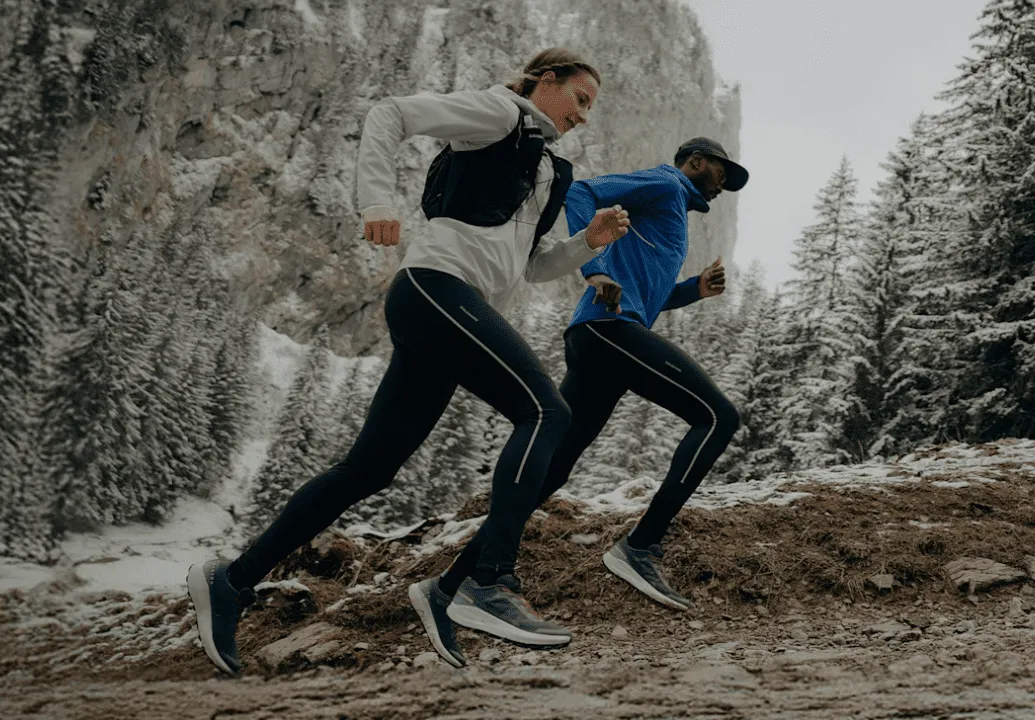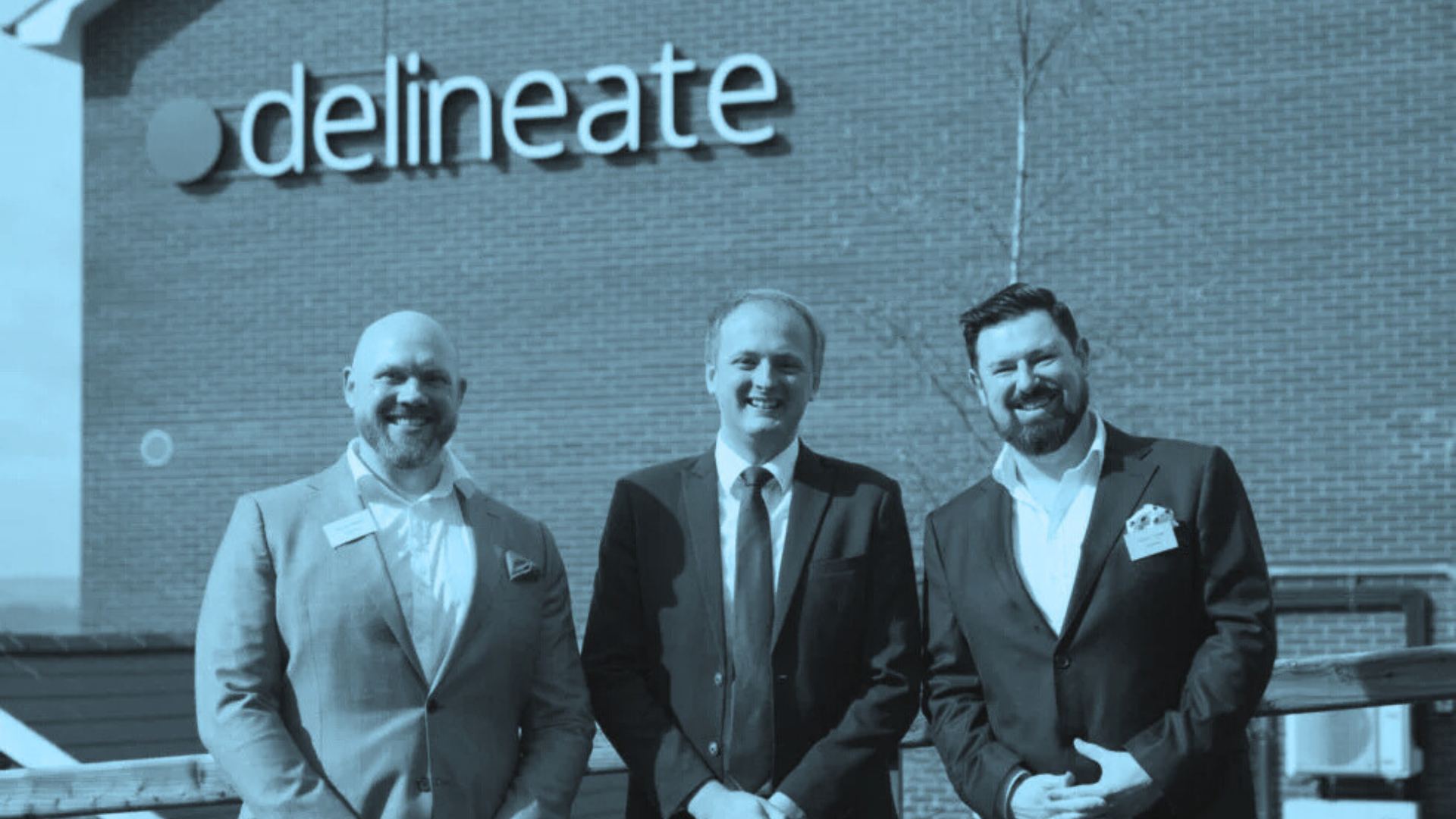Resources
- All
- News
- Employee Spotlight
- Case Study
- Blog

Immersing ourselves in AI, a Texas takeover for Delineate
With a large US client base, our team are no strangers to spending time…Read more

Delineate welcomes the First Minister to Llandysul
Global Data and Insight business Delineate welcomed the First Minister to their headquarters in…Read more

What It Takes to Be the Chief Insights Officer of the Future: I&A Leaders and Rising Stars on the Skills for Board-Level Influence
‘Traditional research timelines are no longer acceptable. Increasing constraints require us to seek out…Read more

The Ultimate Data Connectivity Plan: How to Build the AI-Driven Insights Ecosystem for Better, Faster Decisions
‘AI opens up new avenues for creating insights and improving outcomes for consumers. But…Read more

Delineate x Coca-Cola
The Challenge The Coca-Cola Company did not have a consistent way to globally measure…Read more

Delineate x Salomon
The Challenge For nearly 80 years, Salomon, have been transforming sports experiences through their…Read more

AI in Market Research: Balancing Machine and Human Collaboration
Consumer Insight specialists globally are in equal parts captivated and apprehensive about the impact…Read more

Christmas Cracker or Festive Flop…Have Supermarkets Risen to the Occasion to Reach Their Audiences?
With advertisers making the most of big occasions and calendar events throughout the year,…Read more

The Now Economy – The Price of Convenience
Did you know that almost half of consumers prioritise convenience over traditional shopping? With…Read more

Boost for West Wales economy with launch of Delineate global headquarters
The West Wales economy has received a major boost today, following the official launch…Read more











